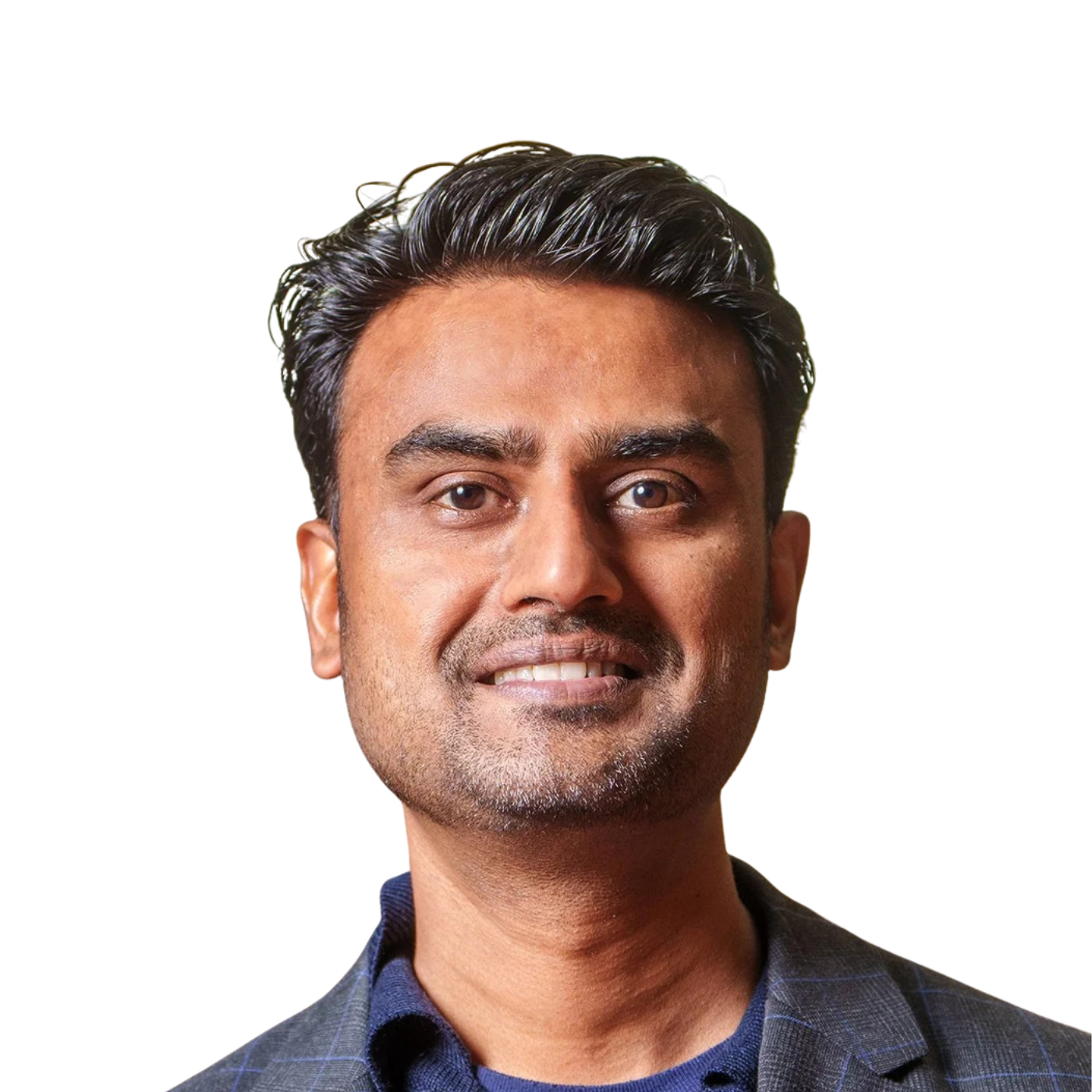Show Notes
"If you lose that passion, why would somebody else do this? And it comes down to how hungry you are. How bad do you want it?"
In part four of our four-part series with Eswar Iyer, Co-Founder and CEO of Aikium, he shares what it takes to launch a biotech platform in a market downturn and build a mission-driven team focused on data-rich therapeutic design.
Eswar reflects on blending computational and experimental innovation, forging strategic partnerships, and fostering a culture of resilience and critical thinking.
He also opens up about navigating fundraising challenges and the personal leadership philosophies that guide his approach to early-stage company building.
Key topics covered this episode:
- Founding Aikium in a down market
- AI and experimental design for new therapeutics
- Building resilient, mission-driven biotech teams
- Partnerships with industry and clinical leaders
- Fundraising strategies and leadership lessons
Prefer video? Watch the full episode on YouTube:
Resources & Articles
- OpenAI Scaling Laws Research: https://openai.com/index/scaling-laws-for-neural-language-models/
- Common Mistakes Biotech Startups Make & How to Avoid Them: https://www.excedr.com/blog/common-business-mistakes
- How to Outfit a New Lab on a Startup Budget: https://www.excedr.com/resources/how-to-outfit-a-new-lab-on-a-startup-budget
Organizations & People
- Aikium: https://aikium.com/
- D. E. Shaw Research: https://www.deshawresearch.com/
- Bakar Labs: https://bakarlabs.berkeley.edu/
- Shankar Shastry: https://www.linkedin.com/in/shankarshastry/




